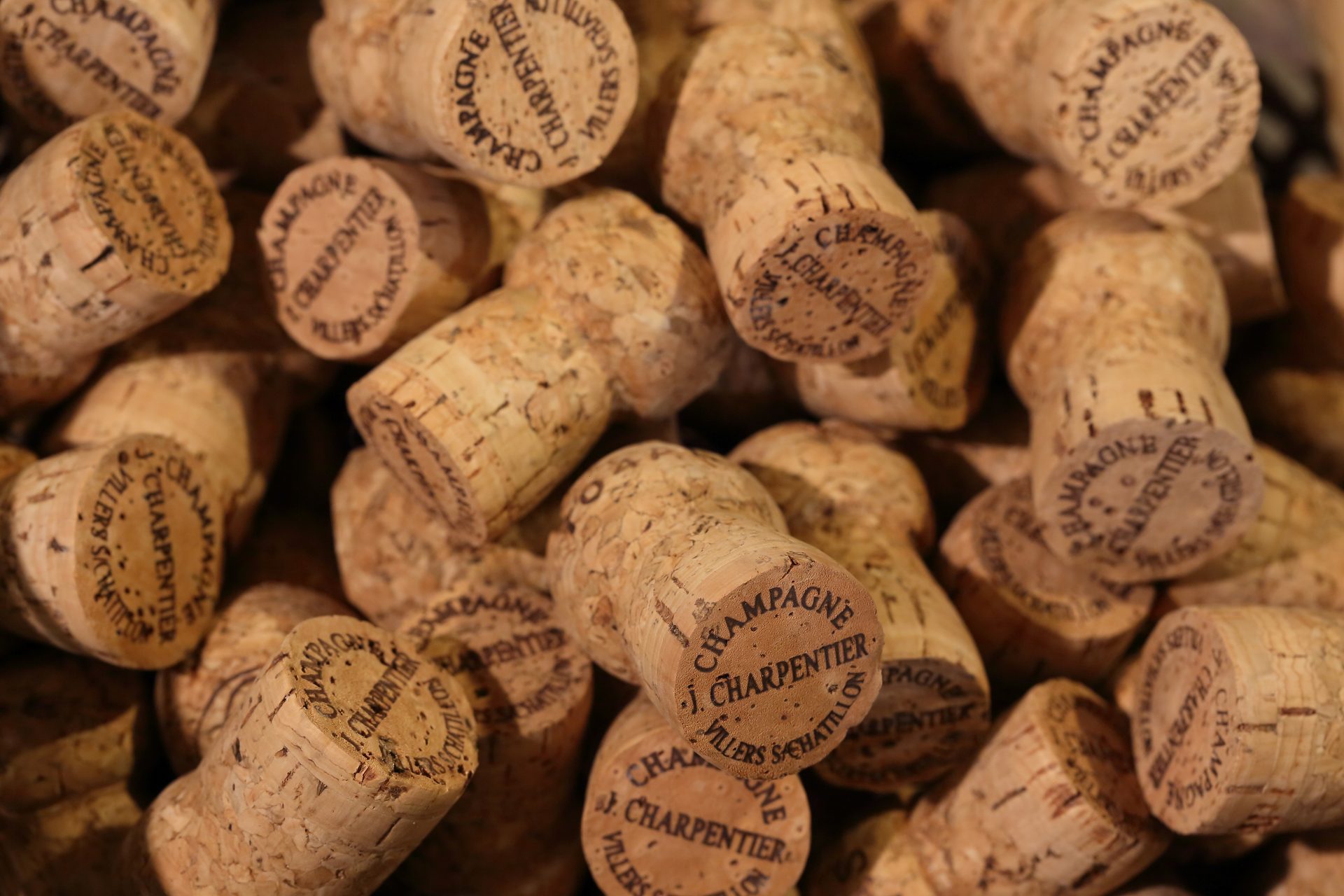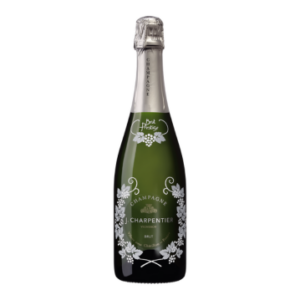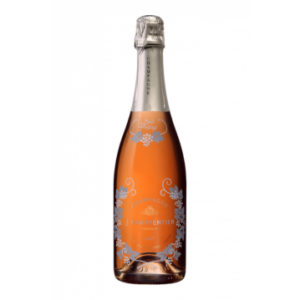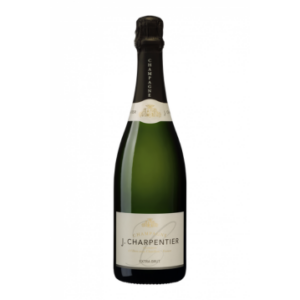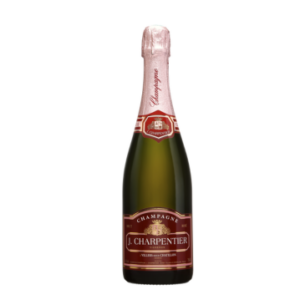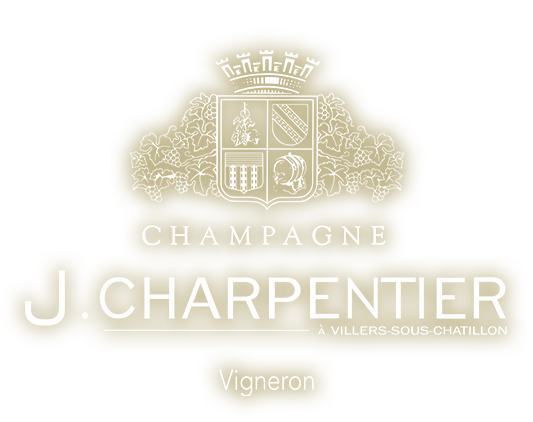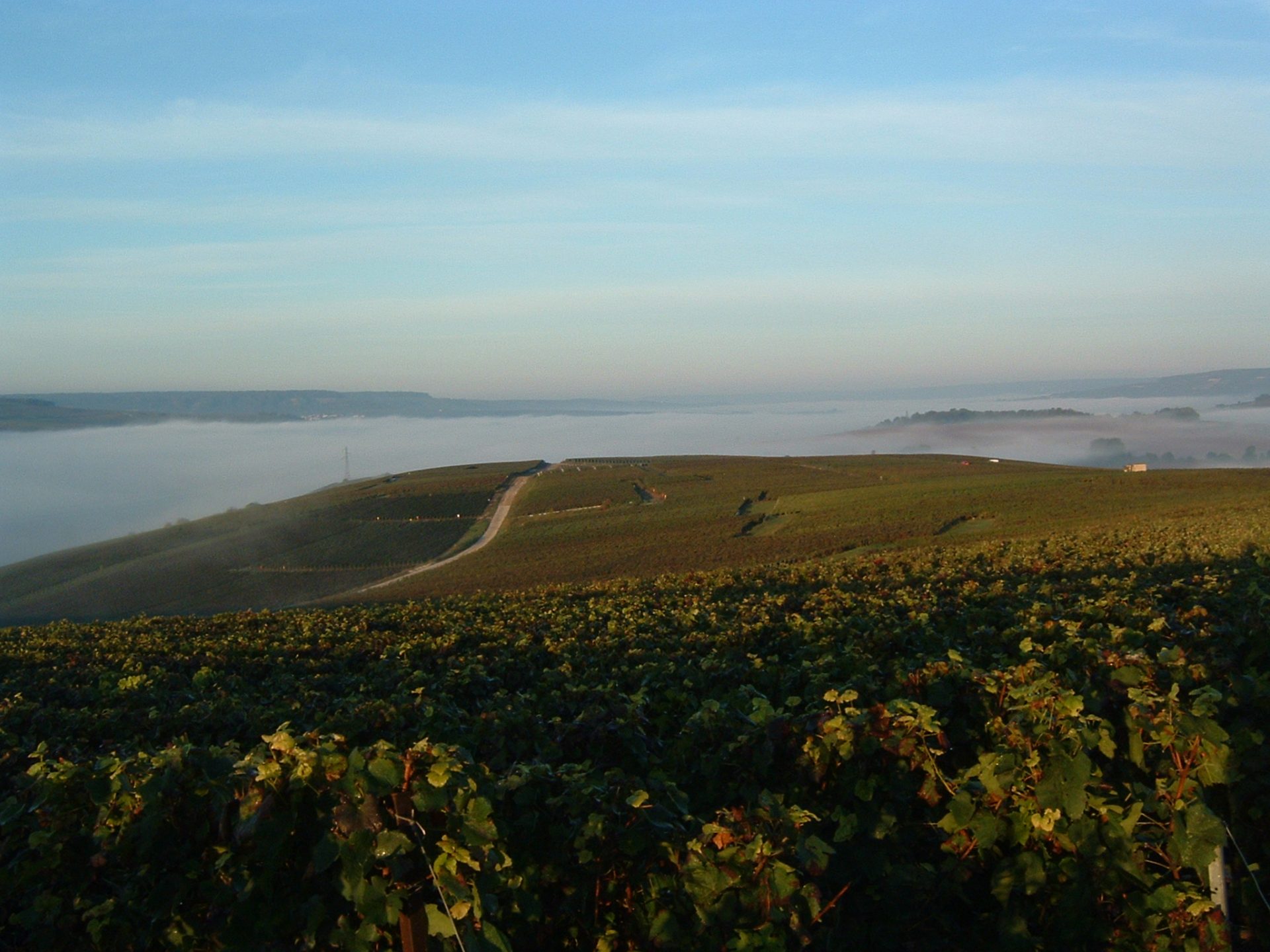
Independent champagnegrower (RM « Récoltant Manipulant »)
Would you like to discover a champagne from an independent champagnegrower (RM “Récoltant Manipulant”)? Namely, this mention of independent champagnegrower “Récoltant Manipulant” (RM) refers to the winegrowers who produce their champagne only from the grapes of their vines. Thus, they master the whole process, from the vine growing to the commercialisation of champagne through its elaboration. J.Charpentier is therefore harvesting manipulating!
A statement on the label
For information, a champagne of independent champagnegrower (RM “Récoltant Manipulant”) is recognized in particular by its label. In this case, the commercialisation of champagne complies with relatively strict rules. Thus, the label must indicate the professional category of the developer.
On it, it can therefore be filled in RM for independent champagnegrower, CM for cooperative de manipulation, ND for negociant distributor, NM for negociant manipulant, RC for Récoltant Cooperateur winemaker, SR for Société de Récoltants or MA for Marque Acheteur (buyer brand).
To clarify, these initials are then followed by a professional registration number issued by the Champagne Comity.
Independent champagnegrower (RM “Récoltant manipulant »)
As mentioned, an independent champagnegrower (RM “Récoltant Manipulant”) refers to the winegrowers, who master the entire manufacturing process. First of all, they only make their champagne from their own grapes. And they manage the entire production: vine growing, harvesting, champagne making, commercialisation.
Coopérative de Manipulation
A Coopérative de Manipulation produces and markets champagne made from the grapes of its members. Namely, the Champagne region has about 100 manipulation cooperatives for about 1200 members. This represents just over 7% of operators. Manipulation cooperatives are also called champagnization cooperatives.
Negociant Manipulant
Almost all the major champagne brands fall into this category. Unlike an independent champagnegrower, a Negociant manipulant handling his bottles produces from grapes, musts or wines purchased from other Champagne winegrowers.
Namely, some big houses have vineyards. However, to meet their important needs, they still buy grapes from other winemakers to supplement their own production.
Récoltant Coopérateur
A Récoltant Coopérateur works his vines and takes care of the harvest. However, he does not himself ensure the elaboration of his champagne. It is then a cooperative that ensures this operation. The Récoltant Coopérateur then recovers the bottled wines and put its label to them before commercialisation.
For information, Champagne has about 3000 Récoltant Coopérateurs.
Société de récoltants
The Sociétés de Récoltants are relatively uncommon. It is a group of winemakers, often from the same family, who come together to make and commercialise champagne under a common name.
Marque acheteur (buyer’s brand)
A Marque acheteur may also be designated by the designations auxiliary mark and authorized mark. This refers to a trademark registered by a person or company such as a restaurateur, a celebrity, or a supermarket wanting a champagne in his name. Originally, it could be a champagne from an independent champagnegrower (Récoltant Manipulant) Négociant manipulant or even a Cooperative de Manipulation.
Although there are various categories of professionals, all fall within the scope of the Appellation d’origine contrôlée “Champagne”.
L’appellation Champagne (AOC)
Any wine cannot have the appellation “Champagne” on its label. This term is a Controlled Designation of Origin (AOC).
First of all, this appellation is only attributed to wines made from Champagne grapes. Then, the manipulation and elaboration must also take place within the limits of the Champagne viticole. Otherwise, the term “Champagne” cannot be used.
However, the rules of this AOC do not stop at this geographical delimitation. Indeed, there are in fact rules relating to each stage of production, from the planting of vines to the elaboration of champagne.
Of course, our Récoltant Manipulant (independent champagnegrower) strictly complies with these regulations.
Récoltant Manipulant (independent champagnegrower) champagne : the house J.Charpentier
Located in the Marne valley, the house J.Charpentier cultivates today 3 grape varieties: chardonnay, pinot noir and pinot meunier. In more than a dozen municipalities and more than sixty plots, we apply a true philosophy in order to preserve the environment in our daily work by respecting the land, the terroirs, the living. In this process, we are certified High Environmental Value Level 3 (HVE). Moreover, the harvest is done manually by carefully selecting the grapes according to the desired vinification.
To produce our Récoltant Manipulant (independent champagnegrower) champagne, we also handle pressing, vinification, blendings, etc. We thus master all the stages of production from harvest to bottling. The house J.Charpentier is also part of what we call “vigneron indépendant“.
Discover our range
If you are looking for a Récoltant Manipulant or a small producer champagne, we invite you to discover our range. We are sure that you will find your happiness among our different bottles.
If you like rosé champagne, we suggest our cuvée Prestige rosé brut. Do you prefer white? In this case, we can offer you our champagne Réserve brut or our Blanc de blancs brut. Do you want to enjoy yourself? We recommend our Vintage 2010 brut.
A range adapted to all occasions
Our Récoltant Manipulant (independent champagnegrower) can be consumed in any circumstance (of course always in moderation).
Would you like to enjoy yourself during an aperitif? Among our range, you can then for example turn to a brut or a Blanc de blancs.
Similarly, we have bottles perfectly suited to meals. Of course, you will have to choose the right bottle according to the dishes offered.
Are you planning your wedding, a baptism, a birthday or another special event? In this case, our Récoltant Manipulant (independent champagnegrower) champagne will surely seduce your guests. Moreover, note that for a particular event, you have the option to customize the labels of the bottles.
Whatever the occasion, our champagne will make you live a beautiful taste experience and will bring a festive atmosphere.
FAQ about Independent Champagnegrowers
What does “Independent champagnegrower” mean?
An Independent champagnegrower refers to a wine‑producer in the Champagne region who cultivates their own vineyards, harvests their grapes, vinifies the wine and bottles it under their own label. In French, this status is indicated by the term Récoltant‑Manipulant (RM).
How can I identify a Champagne from an Independent champagnegrower?
Look at the label of the bottle. If you see the code “RM‑xxxx”, that signals that the producer is a Récoltant‑Manipulant (independent champagnegrower). Further, the label will often name the actual grower’s estate rather than a large house brand.
What advantages do Independent champagnegrowers offer?
Independent champagnegrowers often bring unique qualities:
- They manage the full process (vine to bottle), which allows for greater control and expression of terroir.
- Their production is typically smaller, meaning more attention to each batch and often more distinctive characteristics.
- They can reflect specific plots or varietals, offering wines that differ from the consistent “house style” of large Champagne houses.
Are there any drawbacks to choosing an independent champagnegrower’s bottle?
There are a few considerations:
- Because production is small, certain cuvées may be limited in availability or harder to find outside specialist retailers.
- The style may vary more sharply between vintages or bottlings, so consistency is less guaranteed compared to large houses.
- As smaller producers, branding and marketing may be less developed, so research may be required to know what you are buying.
How does the quality compare to larger Champagne houses?
Quality is not a given just from the label status, but many independent champagnegrowers achieve excellent results. They tend to focus on expressing place and vintage more than sheer volume. Large houses aim for consistency and widely‑recognised branding; independent producers prioritise character, and many receive critical acclaim.
Does “Independent champagnegrower” mean better value?
Not always automatically, but often you can obtain high quality for a more moderate price compared to prestige bottles from major houses. The reduced scale and lower marketing overhead among purely grower‑producers can translate into relatively good value. However, rarity and demand may push up prices for standout independent labels.
What kinds of styles can independent champagnegrowers produce?
Just like larger houses, independent champagnegrowers can produce a wide range: brut, extra brut, rosé, blanc de blancs (100 % Chardonnay), blanc de noirs (Pinot Noir/Pinot Meunier), vintage/millésime cuvées, single‑vineyard bottlings. But because they control their vineyards, they may emphasise particular varietals or terroirs in finer fashion.
How important is the terroir for independent champagnegrowers?
Very important. The identity of the vineyard, soil, vine age and micro‑climate are often central to the winemaker’s ethos. Independent growers tend to highlight these features, which may result in more site‑specific, expressive Champagne — in other words, the “sense of place” becomes more apparent.
Where can I buy Champagne from an independent champagnegrower?
You can find these bottles at specialist wine merchants, online shops focusing on grower Champagnes, and directly from the producer’s website (or cellar door if visiting Champagne). Because the production is limited, you may need to act quickly when new vintages or special cuvées are released.
Is it worthwhile visiting an independent champagnegrower’s estate?
Absolutely. Visiting the vineyard, meeting the grower, seeing the press house and cellar, and tasting the cuvées on site can deepen your appreciation of the product. It provides a personal connection to the maker and the place, which large operations may not offer to the same degree.
Can independent champagnegrowers produce vintage or older‑age worthy bottles?
Yes. Many independent producers craft cuvées that are designed to age and evolve. Because they often emphasise terroir and careful vinification, their wines may reward cellaring. As always, check the producer’s guidance for ageing potential.
What should I look for when choosing a bottle from an independent champagnegrower?
Here are a few tips:
- Check for “RM” on the label to confirm independent status.
- Research the producer’s vineyard holdings, varietals, style and awards.
- Read tasting notes or reviews to ascertain whether the wine matches your preferences (fresh, mineral, fruity, aged).
- Consider whether the bottle is part of a limited release or single vineyard — these may be more distinctive but also more expensive.
- If possible, try a smaller size or half‑bottle before committing to multiple bottles.
Is independent champagnegrower status suitable for gifting or special occasions?
Yes indeed. Offering a bottle from an independent champagnegrower demonstrates thoughtfulness, supports artisan producers and introduces guests to something special and less mainstream. Many such producers also offer personalised labels for weddings, baptisms or corporate events.
In summary – why choose an independent champagnegrower?
Choosing a bottle from an independent champagnegrower means embracing individuality, terroir, craftsmanship and authenticity. Whether you’re exploring Champagne for the first time or you are a seasoned enthusiast, such wines offer a rich tapestry of flavours and stories beyond the major brands. If you want to discover something unique, memorable and expressive, the path of the independent champagnegrower is one well worth exploring.

